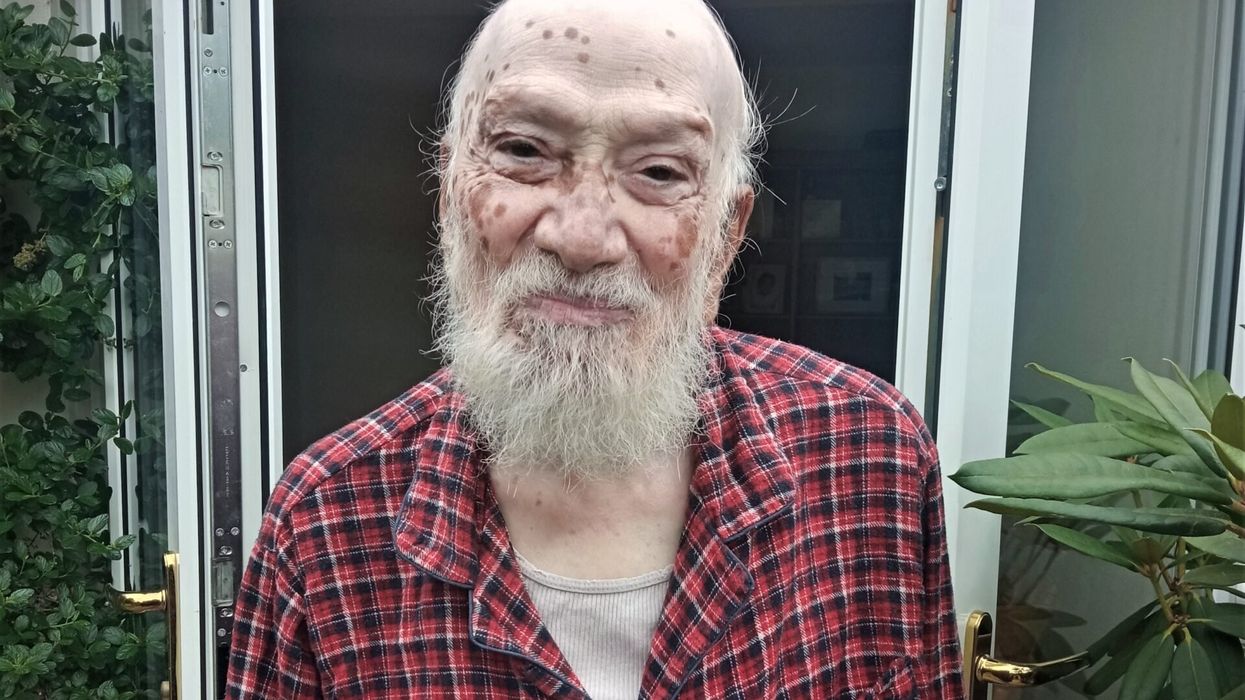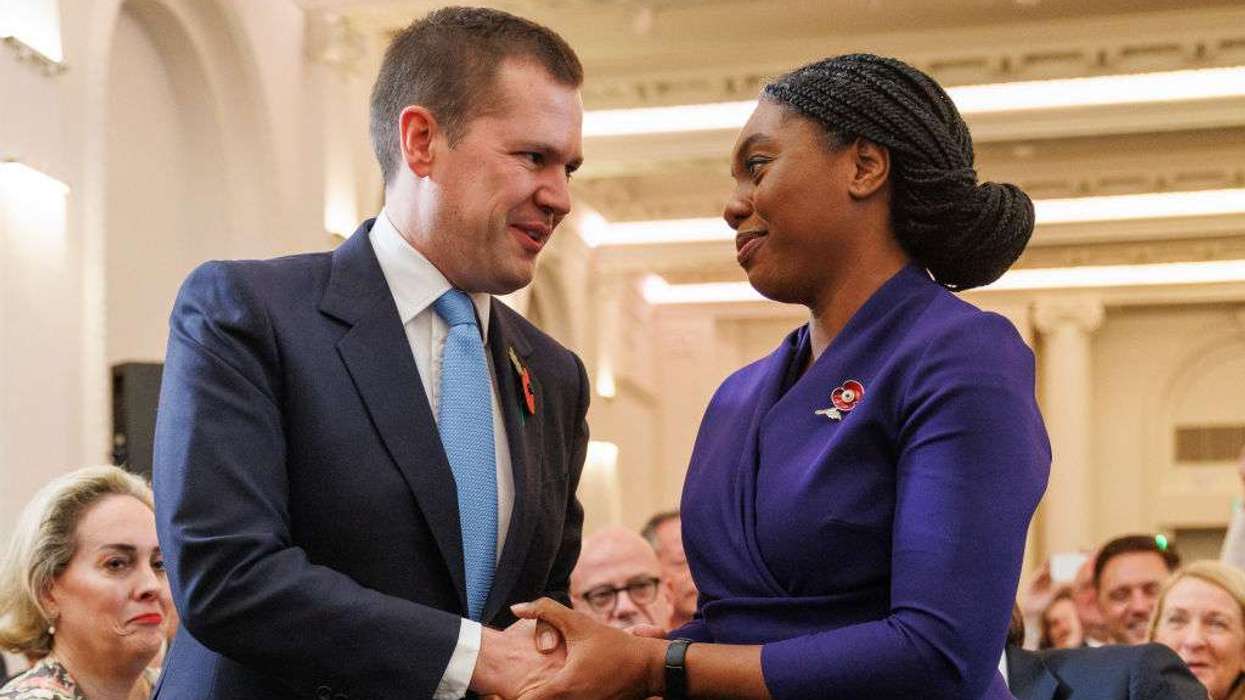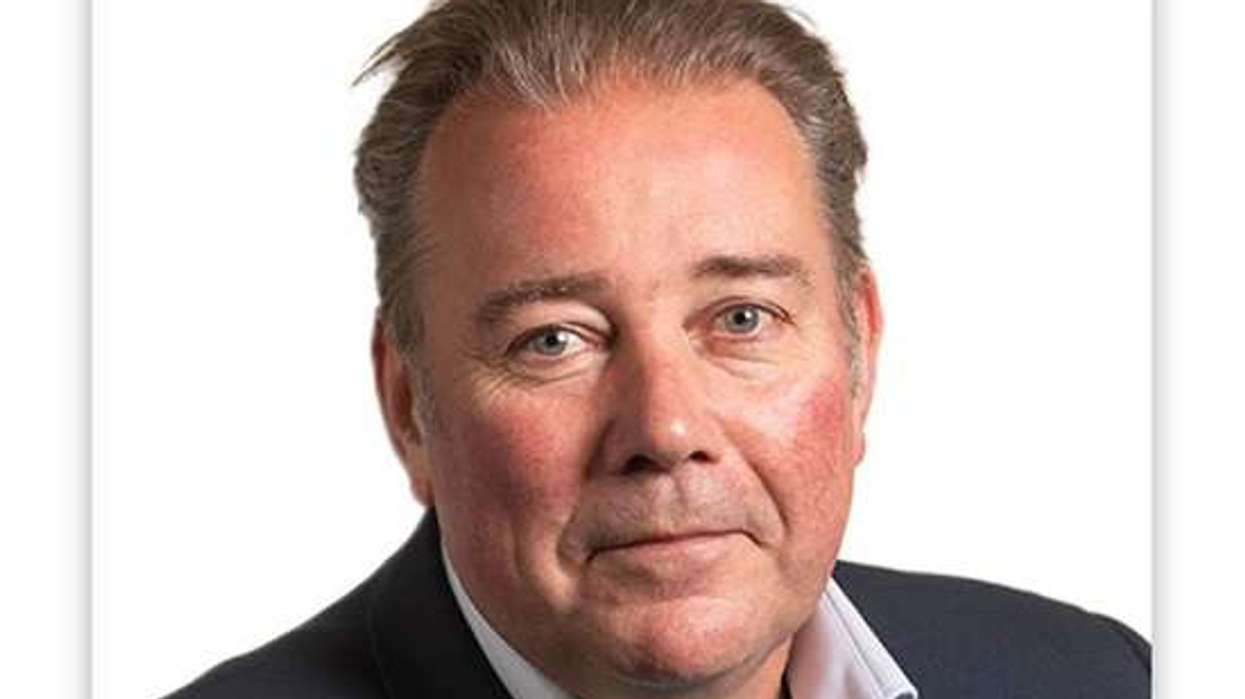PROFESSOR CV Ramakrishnan, father of the Nobel Prize winner Professor Sir Venkatraman (“Venki”) Ramakrishnan and a distinguished scientist in his own right, died in Cambridge last Thursday (7) at the age of 98.
“CVR”, as he was known, has been lauded for making an immense contribution to Indian education.
He had lived in Cambridge since 2014 in a house that adjoined that of his daughter, Lalita Ramakrishnan, a microbiologist, who is professor of immunology and infectious diseases at the university.
CVR moved to Gujarat from Tamil Nadu in 1955 to set up the new department of biochemistry at the Maharaja Sayajirao University of Baroda, the first of its kind in India. Thanks to the way he insisted that teaching and research should go hand in hand, the Vikram Sarabhai Institute of cell and molecular biology has long enjoyed an international reputation.
His wife, Professor R Rajalakshmi, who predeceased him in 2007, was herself an accomplished scientist and worked with her husband on nutrition and its basis in biochemistry. Together, they also created an environment at home in which their children could flourish. Their son attended Baroda University for his first degree.
CVR is credited with injecting modern science into the study of nutrition in India and giving it relevance in the Indian context. After retirement in 1986, he established a physician’s assistant programme at the Madras Medical Mission and got it accredited by the prestigious Birla Institute of Technology and Science-Pilani.
In his 80s, CVR set up an integrated BSc-MSc molecular and cell biology programme in Baroda, for which he used his extensive networks to get top research institutes in India to provide summer research internships for students on that course. Right until the end, he used his life savings to establish a programme for the poorest children through the Ramakrishna Mission in Coimbatore.
Paying his own tribute to CVR, Yusuf Hamied, chairman of the Indian pharma giant, Cipla, said: “Every time I went to Cambridge, I made a point of seeing him. Although he lived next door to Lalita, he led a very independent existence. He did all his own (vegetarian) cooking, and would give the wonderful ice cream he made to anyone who dropped in to see him. Till the end, his mind was very sharp.”
CVR told Eastern Eye last year: “I used to walk 12 miles daily when I first moved to Cambridge. Now that I am a little unsteady on my feet, I am sorry I have had to cut it down to eight miles.”
Venki said: “My sister is also an FRS (Fellow of the Royal Society) and recently received the Koch Prize for her work on tuberculosis, for which she was in Berlin.
“My father absolutely insisted that she should not cancel her visit.”
In 2018, CVR watched proudly when Lalita was elected a Fellow of the Royal Society at a ceremony in London, presided over by his son.
Venki has written: “When I was born (in 1952), my father was away on a post-doctoral fellowship in Madison, Wisconsin. Because he came from a poor family, he did not think that he could support my mother and me on his post-doctoral income, so he went alone.
“My mother taught at Annamalai University in Chidambaram. When I was about a year and-a-half, my father left again, this time with my mother, to go to Ottawa on a National Research Council fellowship. They returned a little over a year later.
“When I was three, my parents moved to Baroda. When he started the department, there was just some empty lab space with no equipment or people. He managed to acquire a low-speed table-top centrifuge, and would get blocks of ice from a nearby ice factory, crush them, and place them around the centrifuge so his samples would remain cold during enzyme purification.
“With this set-up, he managed to publish two papers in Nature in quick succession. Within a few years, the department was well established in both teaching and research, and equipped with instruments, a cold room and an animal house.
“Unusually for an Indian man of his generation, my father, being aware of my mother’s intellectual abilities, encouraged her to go abroad by herself to obtain a PhD. She obtained a fellowship in McGill University to do a PhD in psychology. When she returned, she could not find a suitable position in the psychology department in Baroda. Instead, she used her analytical skills to help my father in his research.
“This was the beginning of a lifelong collaboration in their work. Shortly after my sister Lalita was born in 1959, my family went to Adelaide, Australia, in 1960-1961.”
In an autobiographical note that he left, CVR recalled his modest upbringing: “I am the eighth child of my parents. When I was born, my father was retired and had a pension of `50 [46p in today’s money].
“I had my mother’s breast milk until I was three years old. It has all the nutrients for development of body and brain. I started getting sick only after I went abroad and started eating junk food.
“I studied in Kanchipuram municipal school up to fifth standard and in Pachaiyappa’s school for middle and high school education. These schools were for poor children. This is the reason why even now I fight for respecting all people and to forget caste systems.
“When I passed high school topping my year, Pachaiyappa’s College in Madras [now Chennai] gave me free admission. I wrote to Ramakrishna Mission to give me free boarding and lodging. They wrote I wasn’t poor enough to be considered.”
Meanwhile, his elder sister, who lived in Poona (now Pune), got him a place in Wadia College, where the fees were `20 [18p] a month. He walked three miles to college every day, and looked after his sister’s two children by way of earning his keep. But he give his sister `10 [9p] every month because he kept winning scholarships worth `30 [27p] a month.
Afte winning a gold medal, he became a chemistry lecturer while simultaneously doing his MSc. In 1948, he joined Christian Medical College in Vellore as a lecturer in biochemistry. He began his PhD at the Indian Institute of Science in Bangalore [now Bengaluru], making a little money on the side by writing scientific articles in Tamil magazines.
Then he received a big boost with a $4,000 (£3,107) scholarship to work in America at the Enzyme Research Institute in the University of Wisconsin–Madison, plus a Fullbright fellowship for travel. But before leaving, he married “a person who came up in life just like me and was working as a school teacher in Chidambaram”. In America, he published “two top papers on enzymes involved in producing energy in heart cells”.
On returning to India, he couldn’t find a job, so he left for Canada for a post-doctoral fellowship at the National Research Council in Ottawa. “This time I took my wife with me, leaving our one-year-old son with his grandparents.”
In Canada he worked on the properties of citric acid. When he returned home, Baroda University advertised for the head of a new biochemistry department. “I applied and got the post. But I was disappointed as they gave me only an empty hall and no staff.”
He got some funding by appealing to Dr Jivraj Mehta, then finance minister of Bombay state, who had established the university, and whose wife Hansa was its first vice-chancellor (he was Indian high commissioner in London from 1961-1963).
Meanwhile, leaving behind her son, now three years old, CVR’s wife left for McGill University. Within 14 months she was back home from Canada with a PhD. “My wife and I decided to work on the role of nutrition and environment on development of the brain, brain function and brain biochemistry.”
With a generous grant from the US, “my wife became professor and chief investigator of the project”.
The research showed how children could be healthy. “Our biochemistry department became nationally and internationally famous.
“I decided to give away all my savings to give college education to poor children. My life shows anybody who faces life with confidence and willpower can come up.”
CVR and his wife moved to the United States to live with their daughter Lalita in 1996. In 2014, he shifted to the UK.
The alumni of the Dr KG Nair department of biochemistry and the Vikram Sarabhai Institute of cell and molecular biology held a Zoom meeting to show their respect for CVR on his 96th birthday.
He was touched by the gathering, saying he had visited the department every year since leaving India. But in 2019 he was told he couldn’t travel any more when he became unsteady on his feet.
He ended by talking about his mortality and how, when he was waiting “in the queue”, three close friends had “jumped” over him.
“I am now extremely happy, pampered by my children, pampered by people like you. And when death comes, I will die happily knowing all of you are running your programme wonderfully well, and the students are very happy”.




